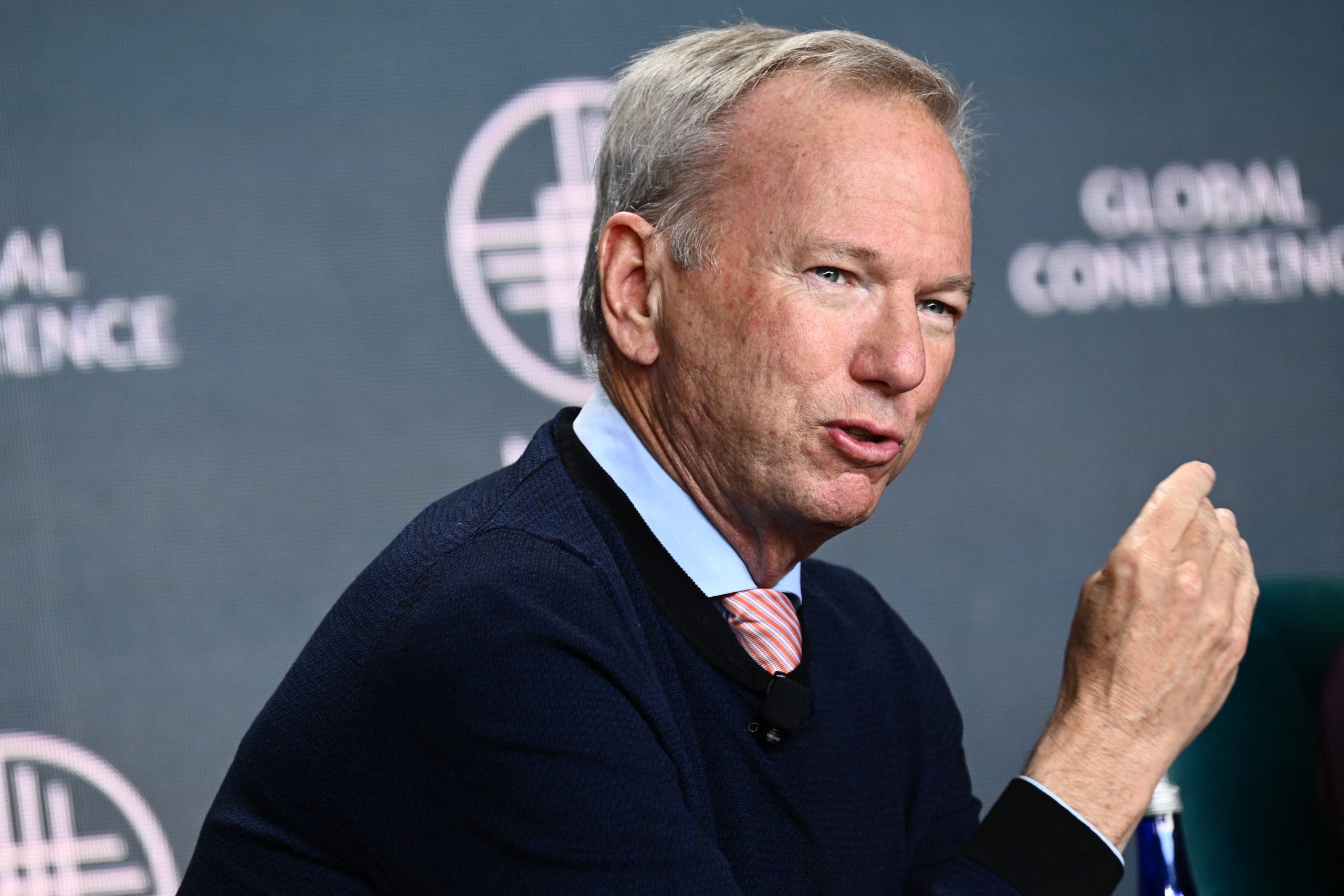If Google (GOOGL) wants to stand a chance at dominating the ongoing A.I. arms race across Big Tech and startups, it needs to amend its remote work policies, according to the company’s former CEO Eric Schmidt. “Google decided that work-life balance, going home early and working from home was more important than winning,” said Schmidt recently during a lecture at Stanford University.
“You’re not going to let people work from home and only come in one day a week if you want to compete against the other startups,” said Schmidt, who served as Google’s CEO and chairman between 2001 and 2011, during an April talk at Stanford that was published by the school yesterday (Aug. 13).
It isn’t just Google that needs to make changes to its work culture, but the U.S., he added, describing a recent visit to Taiwan’s TSMC, where he learned that beginner physicists work in the basement floor of the company’s factory. “Can you imagine getting American physicists to do that, with PhDs? Highly unlikely.”
Despite Schmidt’s claims that Google is falling behind to startup employees who “work like hell,” Google’s office policy isn’t that different than its A.I. rivals, including OpenAI and Anthropic. Since 2022, most Google employees have been mandated to go into company offices at least three days a week. Last year, the company even began tracking office badge attendance and reportedly includes attendance in employee performance reviews, according to CNBC.
Current job listings at Anthropic, meanwhile, state that the company expects staff to work from its physical offices “at least 25 percent of the time.” And even though OpenAI CEO Sam Altman has previously declared remote working as “one of the tech industry’s worst mistakes,” the A.I. company’s job postings boasts a hybrid work model of three days required in office per week.
Why are Google’s A.I. ambitions falling behind?
Schmidt may have a point, though. While Google has for years poured resources into A.I., it has failed to establish itself as the current leader of the technology amid rapid developments from competitors like Microsoft (MSFT), whose strategic partnership with OpenAI has catapulted its market cap to $3.09 trillion. “There’s a long history in our industry of companies winning in a genuinely creative way and really dominating a space, and not making the next transition,” said Schmidt.
After OpenAI’s November 2022 release of ChatGPT brought generative A.I. to the forefront, Google made a series of stumbles as it attempted to catch up. Its February 2023 unveiling of Bard was troubled, with the chatbot incorrectly answering a question during a demonstration video that sent Alphabet’s stock diving and wiped the company’s market value by $100 billion. Controversy also surrounded the subsequent release of its Gemini image creation tool after it was found to produce historically inaccurate depictions and displayed biases—flaws that Google CEO Sundar Pichai went on to describe as “completely unacceptable.”
To make matters worse, Google is now facing a potential breakup of the company. Following a court ruling earlier this month that found Google violated antitrust law by monopolizing internet search, Justice Department officials are reportedly mulling over a potential dismantling of Google that could see its Android operating system and Chrome web browser broken into separate businesses. Without Android and Chrome, which are installed on billions of devices globally, Google’s access to A.I. training data could be severely limited.
Schmidt doesn’t see a dismantling as likely, based on his own breadth of experience in Big Tech antitrust matters. He testified against Microsoft in 2000, when a government proposal considered breaking up the company, and later defended Google from its own antitrust probes while working at the company. “I helped Microsoft get broken up and it wasn’t broken up, and I fought for Google to not be broken up and it has not been broken up. So, it sure looks to me like the trend is not to be broken up,” he said during the Stanford talk. “I don’t think the governments will act.”

